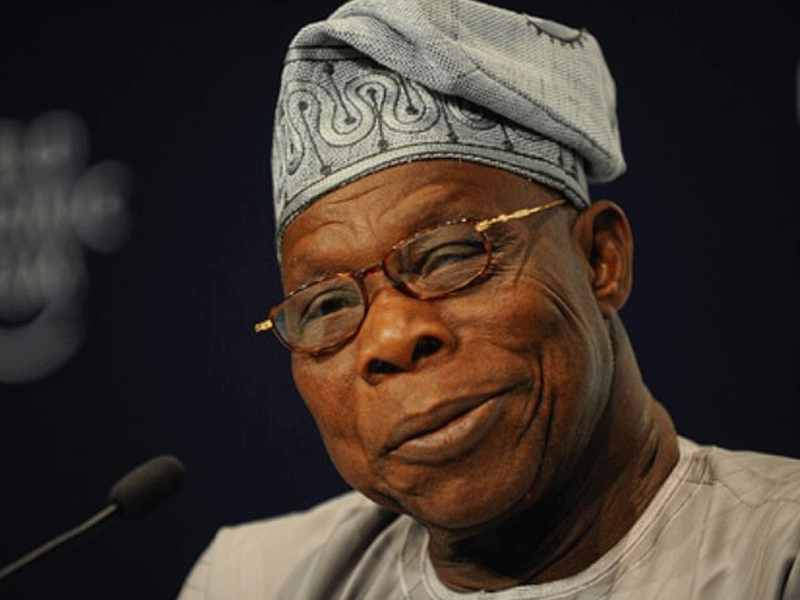Former President Olusegun Obasanjo, on Saturday, advised Nigerian youths to take over leadership positions right now in the country.
Speaking on a live radio interview with former football international, Chief Segun Odegbami on Eagles7 Sports 103.7 FM, Obasanjo said youths should not allow anyone to address them as leaders of tomorrow, saying the tomorrow may never come.
Obasanjo said some corrupt leaders would destroy the so-called tomorrow if the younger generation failed to rise up and take their future in their hands.
He said, “My advice for Nigerian youths is that, never let anybody tell you that you are the leaders of tomorrow. If you wait for tomorrow before you take over leadership, that tomorrow may not come. They will destroy it.
“This is the time, youths get up and make it happen.”
The former President also said everything about him, including his emergence as both a military Head of State and President of Nigeria, was by accident, according to Punch reports.
Obasanjo, who was an ex-military Head of State before he was elected as a civilian President in 1999, said he was a farmer by choice and not by accident.
Obasanjo said he was always proud to be addressed as a farmer.
Odegbami had asked Obasanjo to speak about what he termed his “romance with farming.”
In response, the former president said, “I don’t like the word you used, ‘romance with farming’. I am a farmer. What do you mean by romance. Everything I have done in my life is by accident. The only thing that is not accidental is farming. Every other thing that I’ve been is by accident. And you called that romance? No! What do you mean by romance?
“You know my beginning. I was born and bred in a village. I went to school by accident. My father just said, ‘won’t you do something different?’ So I went into farming.
“When you look at countries that have made it, they developed on agriculture. First, for the purpose of food security; second, for the purpose of processing what they get from their farms, which is the beginning of industrialisation. Third, to give it out as export, which is for the purpose of foreign exchange; and fourth, as a means of generating employment for the youth.”


